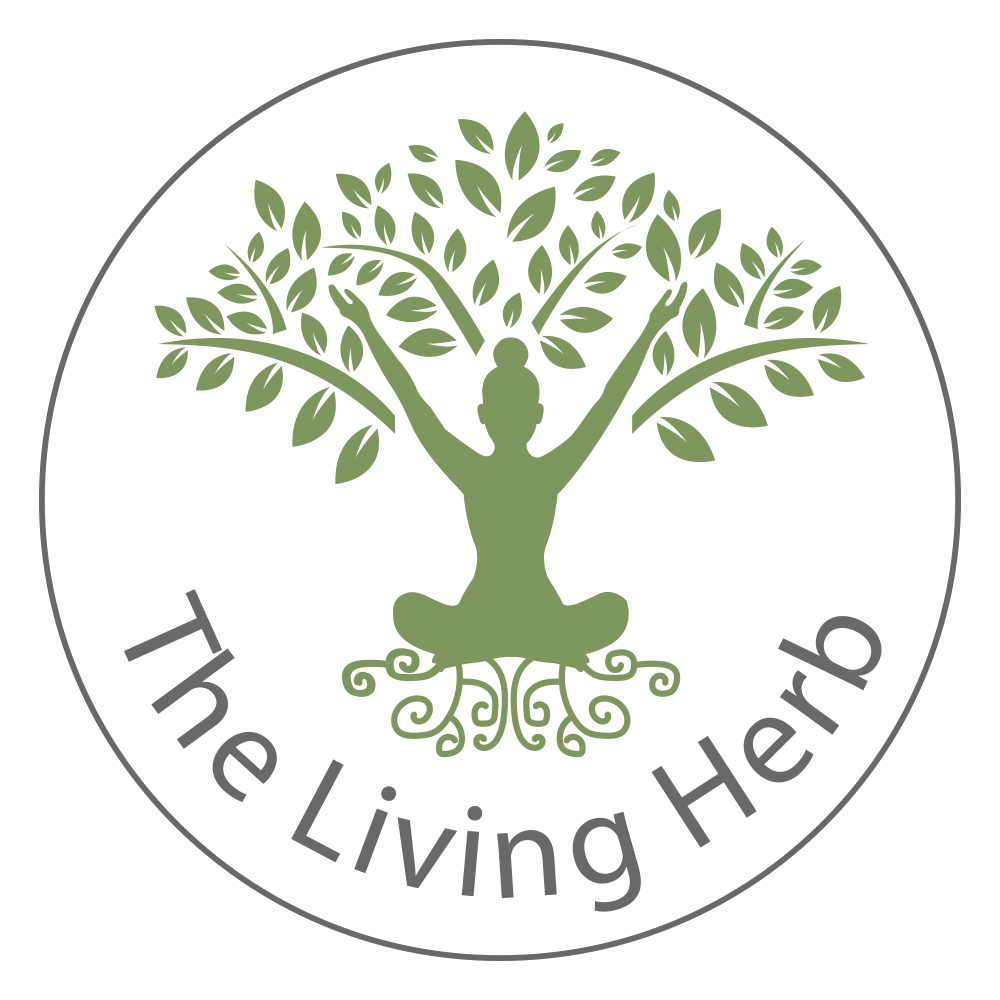Night Sweats or Night Moves?

“Hot flushes are bad enough in the day time but I also had them at night which meant I had very disturbed sleep. I used to wake up from these night sweats literally dripping wet.”
It can be normal to wake up feeling a little damp if your bedroom is too hot or you have a fever. But the kind of night sweats that many of us feel as we transition into menopause can be debilitating. We can wake with our pyjamas feeling like we’ve just stepped out of swimming pool and our bed so wet it’s like a not so pleasant bath. And worse, it can happen even when it’s -15C outside.
But it’s not just the uncomfortable sensation of being so sweaty that’s the issue – it can wake us up, leaving us feeling exhausted. And when we’re coping with five million other symptoms, stress at work, sick parents and troublesome teenagers we need our mojo.
What are night sweats and why do we get them?
Well the simple answer is that night sweats are essentially just hot flushes when we’re asleep. The less simple answer is that us geeky scientists really have no idea about what causes them. If you’ve read my menopause FAQ article, you’ll know that as we transition into menopause our ovaries get a bit lazy which means that our oestrogen levels go up and down faster than the Big Dipper at Blackpool (if you’re not in the UK, pick your favourite big roller coaster).
Whilst this is true, on its own, it doesn’t explain why we get night sweats.
Some researchers say that fluctuating oestrogen levels affect the part of the brain that controls our temperature regulation, the hypothalamus, causing our blood vessels to dilate as they would on a very hot day, and so we sweat. Whatever the reason, we can take steps to help keep them under control.
Do try this at home
Adding some night sweat busting foods into our diet is a simple and yet effective way to tackling night sweats. In fact, often these simple changes are enough to banish night sweats from the bedroom forever.
Vitamin E: Vitamin E is a menopausal woman’s new best friend (check out my vaginal dryness blog). Ensuring that you have plenty of vitamin E containing foods in your diet can really help to reduce night sweats to a mere drip. Nuts and seeds are a great place to start but also green leafy vegetable (especially cruciferous veg) and avocados.
Selenium: Selenium is vitamin E’s bed fellow. It’s needed to help our bodies absorb the vitamin E better. You can find it garlic, eggs and meat. Now there is one type of food that contains both of these and that’s whole grains. Things such as whole wheat, oats, rye and brown rice. I personally try to keep these to a minimum as they aren’t great when you’re trying to keep your waistline on a low carb diet!
There are many other options
I’m a huge fan of making simple changes to massive effect, however occasionally these just aren’t enough. If following this diet tip doesn’t kick your night sweats into touch, don’t despair! There are plenty of other things to try before resorting to HRT and my free menopause survival guide “Hot Women at Work” is filled with things you can try at home.
And if you still need help?
A combination of a personally tailored herbal medicine and some simple lifestyle changes could leave you feeling symptom free (and getting a great night’s sleep). Feel free to give me a call or drop me an email to find out how I can help you. For more hot tips, download my free menopause survival guide “Hot Women at Work.”


0 comments
Leave a comment
Please log in or register to post a comment